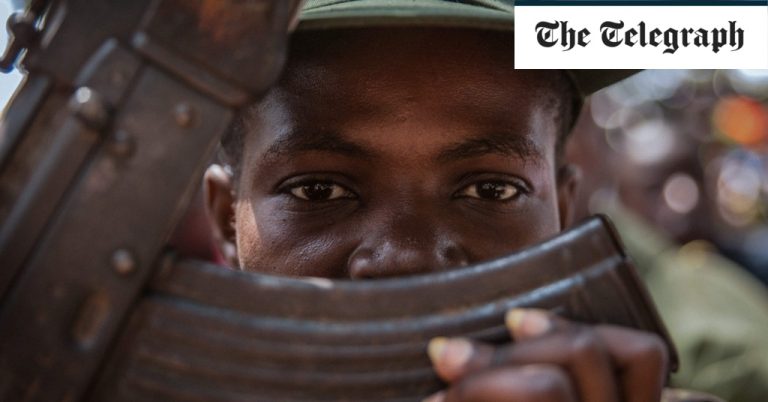On one side are the militiamen of the Rapid Support Forces (RSF), a paramilitary whose violence has haunting echoes of Sudan’s genocide that began almost 20 years ago, and on the other is the Sudanese Armed Forces (SAF).
Currently, the RSF, believed to be stronger than the army, controls the majority of Khartoum and most of western Sudan, while the SAF controls much of the north and east.
The United Arab Emirates has been accused of sending supplies to the RSF, allegedly funnelling unspecified items through Uganda, the Central African Republic and Chad.
Amid the escalation in hostilities, sexual violence has become commonplace, with the United Nations recording sightings of women being kidnapped and tied in chains, while both sides have been accused of attempting to recruit children to their ranks.
“Unaccompanied children and children from poor families are allegedly targeted by RSF in the outskirts of Khartoum, as well as in Darfur and West Kordofan, for recruitment into combat roles,” said Siobhán Mullally, the UN Special Rapporteur on trafficking in persons.
Army of boys
The use of child soldiers is not new to Africa.
There are children bearing arms in South Sudan, Somalia, the Central African Republic, the Democratic Republic of the Congo and Nigeria.
Charles Taylor, the former president of Liberia, is believed to be one of the first warlords to recruit child soldiers, who were organised into Small Boys Units as the country was torn apart by war in the 1990s.
In 1998, 25 per cent of the soldiers fighting in the Liberian war were under the age of 18.
During the Sierra Leone Civil War (1991–2002), thousands of children were recruited, often forcibly, by government forces and opposing factions, given drugs, and used to commit atrocities.
The proliferation of lightweight weapons has made it possible for children under the age of 10 years to become effective soldiers.
Children are enlisted due to their limited ability to assess risks, feelings of invulnerability, and shortsightedness, according to experts.
